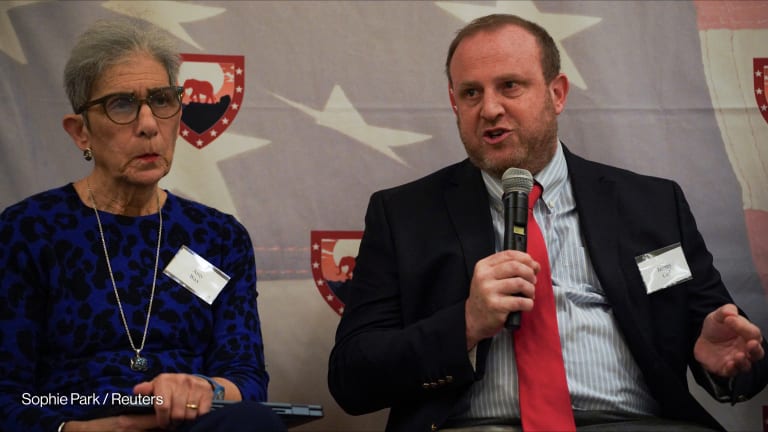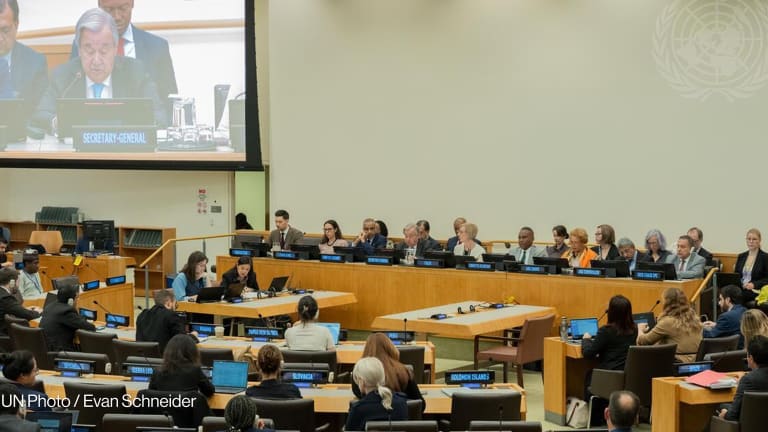Susan E. Rice, President-elect Barack Obama's cabinet-level nominee for ambassador to the United Nations, smoothly navigated her Jan. 15 confirmation hearing before the U.S. Senate Foreign Relations Committee. Though Rice mentioned her commitment to "making the Millennium Development Goals America's goals" in her opening remarks, discussion of specific development initiatives like the U.N. Development Program was conspicuously absent from the hearing.
African peacekeeping issues featured heavily on the agenda of the ambassador-designate, who had served as assistant secretary of state for African affairs during the Clinton administration.
Rice pledged to advocate for human rights in Sudan by using extensive diplomatic pressure, and argued for increased support to the joint U.N.-African Union peacekeeping force in Darfur, which she claimed is currently operating with only half the resources needed to achieve its mission.
Although Rice pledged support for the AU peacekeeping mission in Somalia, she said she was "skeptical about the wisdom of a UN peacekeeping force."
Rice reiterated the U.S. condemnation of the Zimbabwe government and stated her commitment to work with Zimbabwe's neighbors as well as China and Russia, which she believes may be willing to withdraw their longtime support of President Robert Mugabe.
Rice repeatedly voiced her strong support for Israel, agreeing with several senators who stated their belief that Israel has been unfairly criticized through venues such as the Durban Review Conference of the U.N. Human Rights Council.
Although the committee was consistently laudatory towards Rice, several senators expressed skepticism about the U.N. in general, emphasizing the need to safeguard U.S. sovereignty and demonstrate cost-effectiveness. Rice defended the U.N., calling it an "indispensable if imperfect" institution, but echoed the need to ensure that tax dollars are better spent. To this end, Rice advocated the full continuation of the Procurement Task Force, the anti-corruption agency created by the U.N. in the wake of the 2006 oil-for-food scandal.








